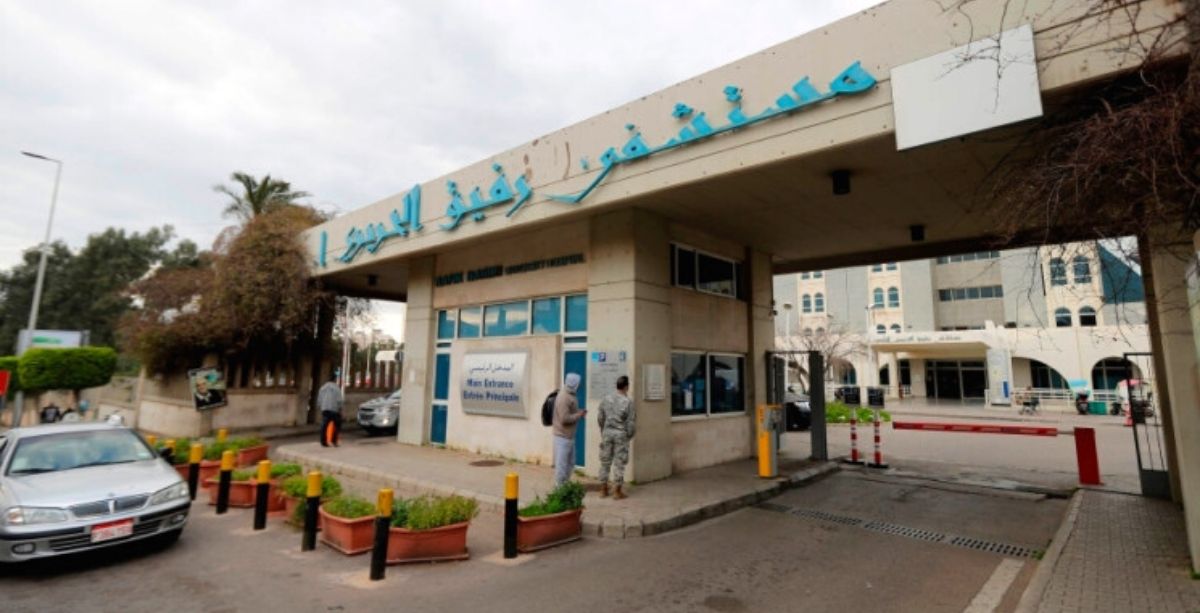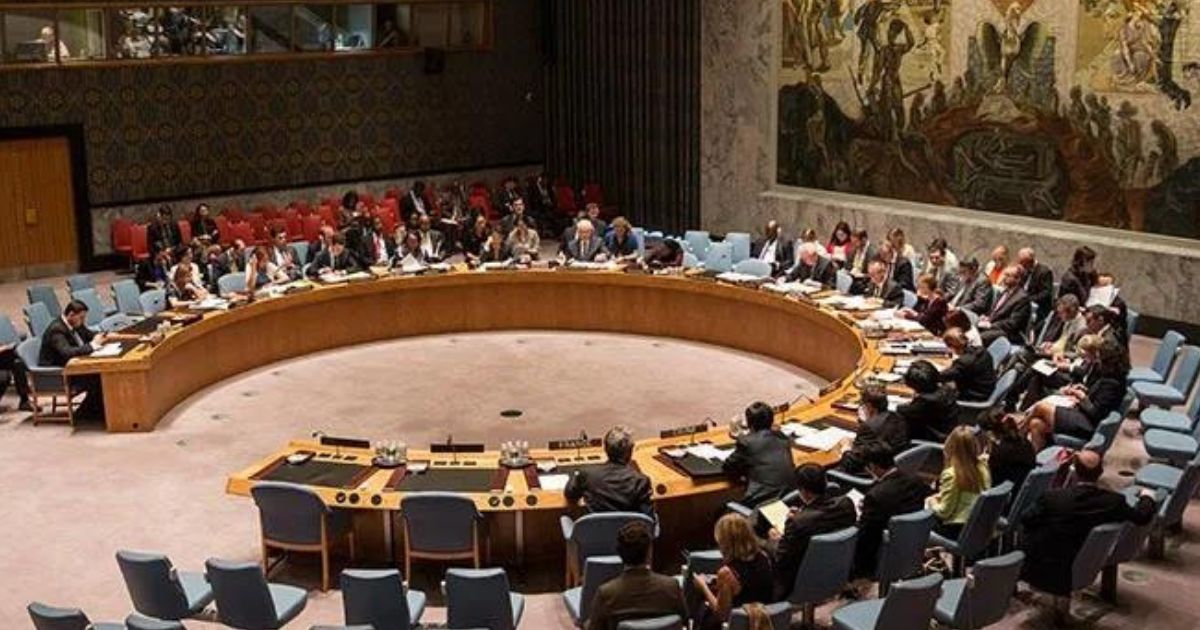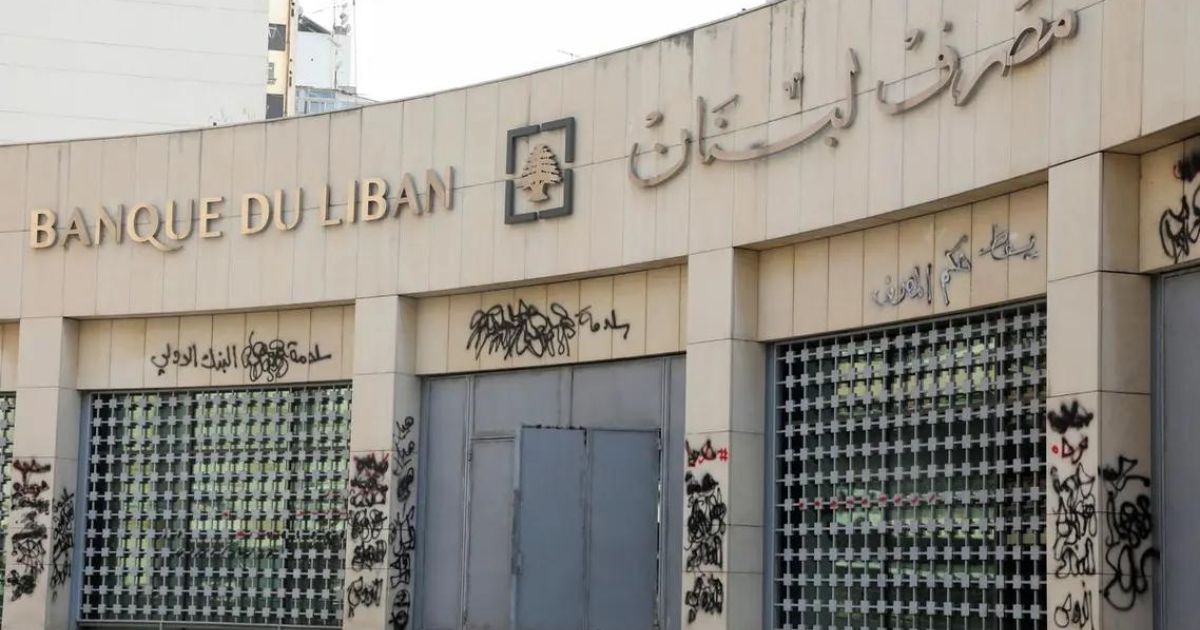Lebanese officials have been issuing statements here and there expressing their opinions on the importance of having soon a government.
However, the consultations didn’t yield a positive result, and no government has been formed as of yet.
Lebanon’s dysfunction is now reflected by ongoing strikes in most of the government offices. The main demands of most public sector employees are fair transportation fees and a sufficient salary as the local currency collapse is central to the problem.
They are asking, “How would they continue their work if no wages were raised.”
Air traffic controllers at Rafik Al-Hariri international airport announced they would stop working nights in August.
They added that the declining number of air traffic controllers at the airport is due to retirement, emigration, or resignations stemming from difficult working conditions, the NNA reported.
Strikes by employees are being announced one after the other these days, including the Baalbek Municipality employees, Beirut’s Uber drivers, employees of the Ministry of Foreign Affairs, Ogero’s employees, El-Bouar Public Hospital’s employees, the Judicial Assistants in Lebanon, the Lebanese Public Administration employees, who went on 3-week strike, and the employees of the Central Bank, among others.

This is in addition to the several sit-ins witnessed in Lebanon in the past several weeks.

















